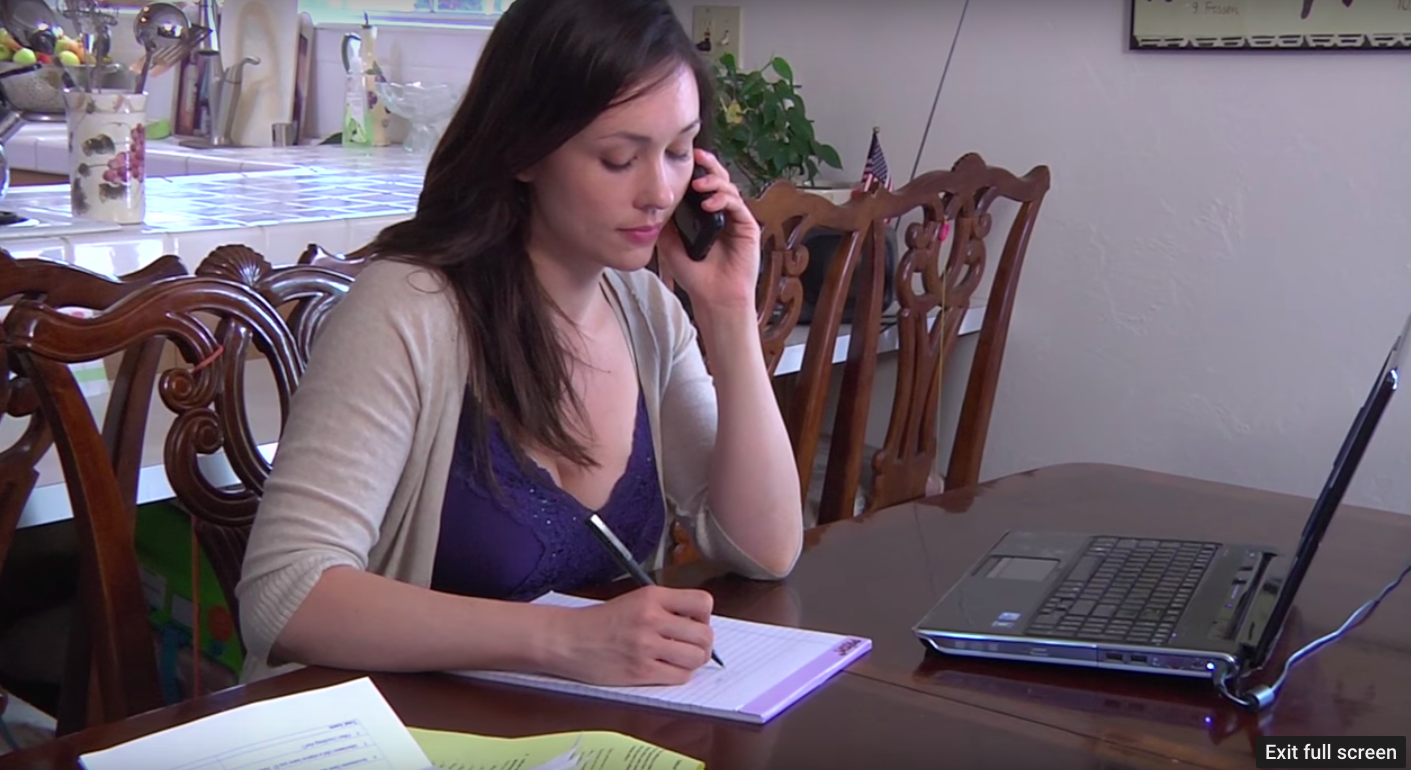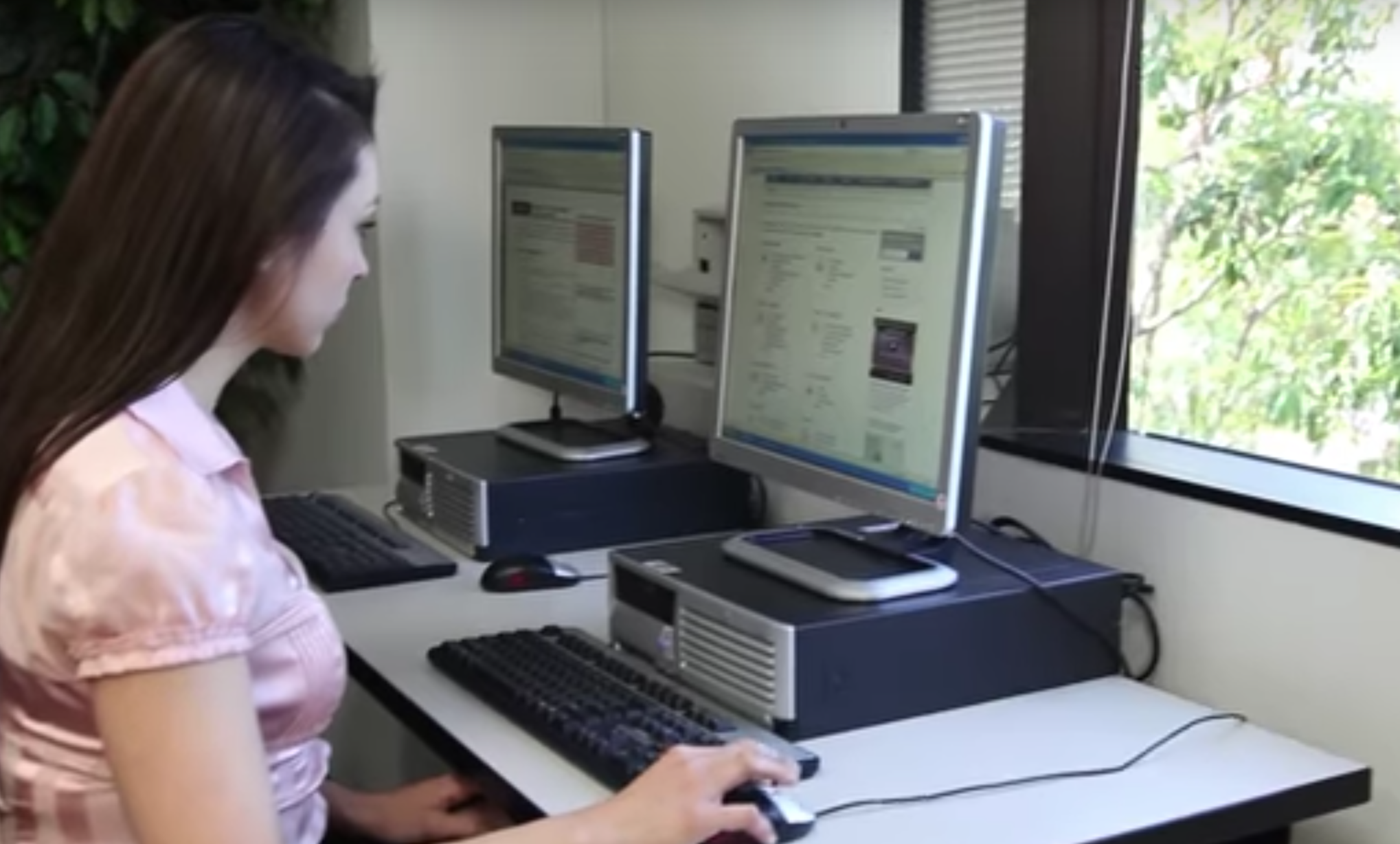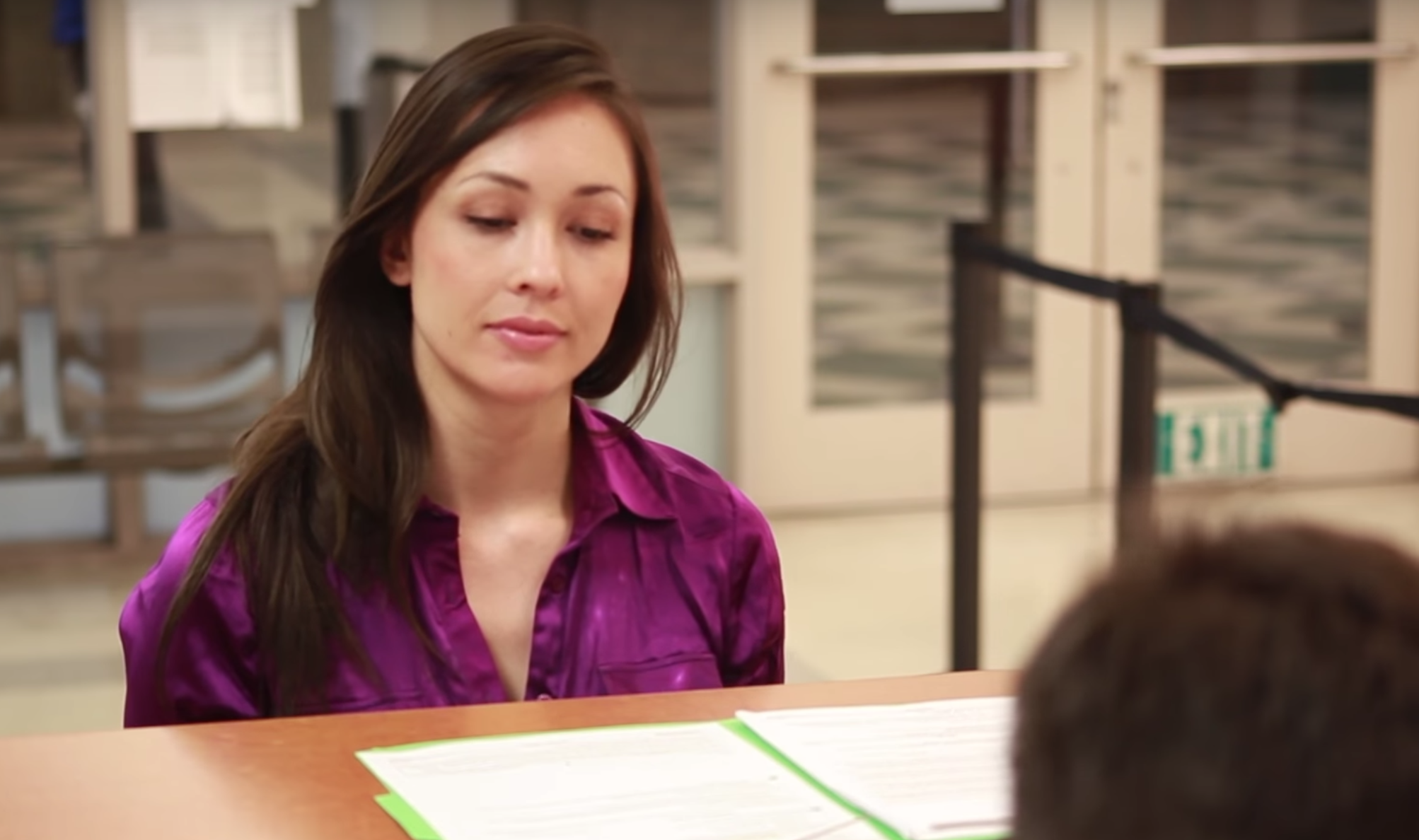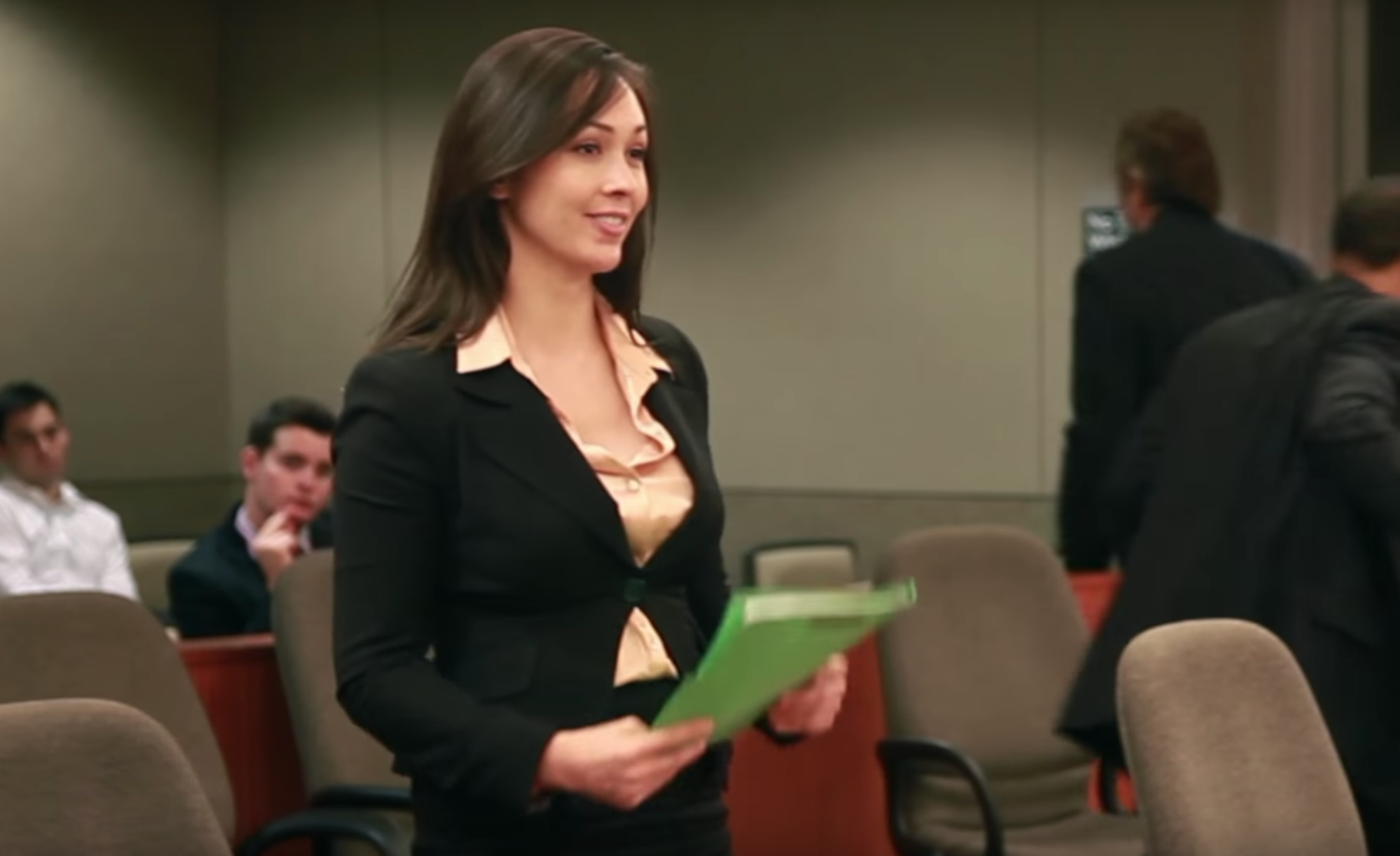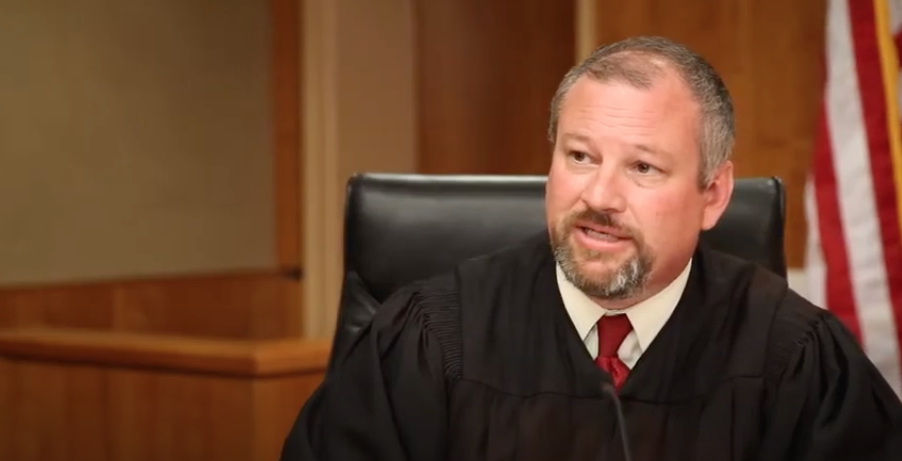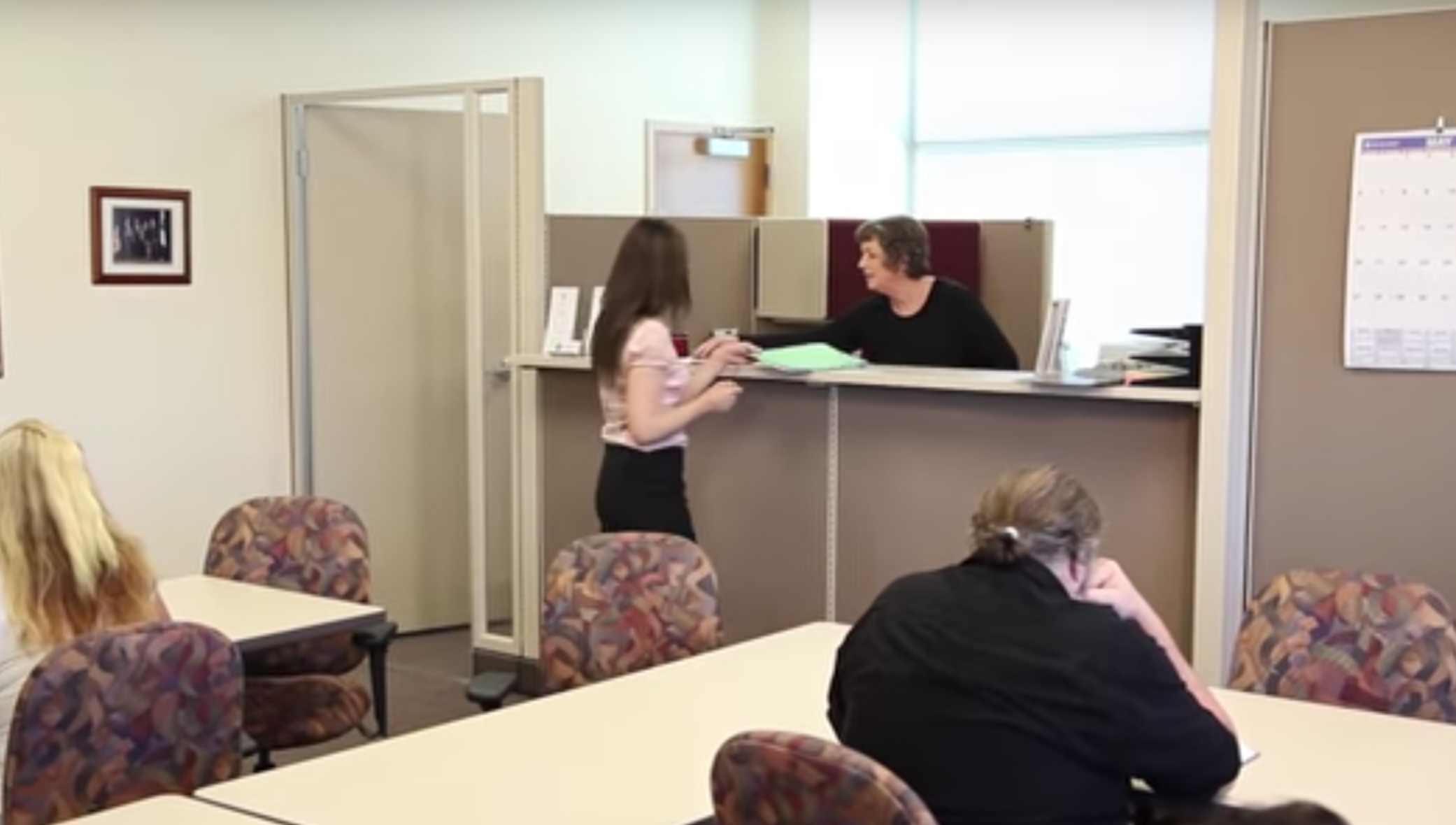Child Custody & Visitation Guide
A free Virginia legal aid guideUse this guide to deal with child custody and visitation.
Are you a parent in Virginia who is trying to figure out custody and visitation with your children? You could be trying to file for a custody order. Or you might want to change an existing order, appeal an order, or enforce an order.
This guide can help you understand your options and the steps to follow around custody and visitation in Virginia.
If You Need More Help
You can contact your local Virginia legal aid group by calling 1-866-534-5243.
You can also lookup your local legal aid group at https://www.vba.org/page/pro_bono_legalaid.
Lawyers can help you understand your options and next steps for your specific situation. Legal aid lawyers provide free help to people who qualify.
Frequently Asked Questions
About what Virginians can do about child custody and visitation
Step-by-Step guide for Child Custody in Virginia
Steps for Filing for Child Custody or Visitation
These also apply for changing an existing order.Step 1:
Make sure you can file for custody in Virginia
____
Generally, the child must have lived in Virginia for 6 months, for you to be able to file for custody or visitation here.
Or, if the child is less than six months old, then the child should have been living in Virginia since their birth.
If you already have a custody order from another state, you may want to register your out-of-state custody order in Virginia. If you do, then you have Virginia's enforcement power. File the DC-582 form with the Juvenile & Domestic Relations Court to register your order in Virginia.
Step 2:
Start a custody/visitation order if you don't have one already
____
If you do not have a custody or visitation order, you must start with a Petition.
Look up your local Juvenile and Domestic Relations Court in Virginia. Talk to the clerk at this J&DR Court, and ask for Custody and Visitation forms.
They will give you a forms packet and instructions. You may have to fill in form describing your child's situation, what arrangement you want, and background information.
You may also have to fill in an affidavit about the Uniform Child Custody Jurisdiction Enforcement Act. It will ask for past addresses, caretakers, and court cases. Find more at this form.
Follow the instructions about signatures, notarizations, and filing fees.
File the Petition for Custody & Visitation with the J&DR court to begin your case.
Step 3:
Get your court date
____
Once you file your petition, the court will set a date for a hearing. This first hearing will be a Status Hearing. Then your trial will be afterward.
The other party (the other parent) must also be served with the court papers correctly.
Please note: The COVID-19 pandemic may delay court timelines. Contact your local court system to see the time schedule between filing and hearing.
Step 4:
See if you can work out an agreement
____
You and the other parent may be able to work out an agreement outside of court.
Once you have the other party served, then you may talk with them about an agreement. You could also use a professional mediator to help you reach an agreement.
The court may have a mediation program to assist you with coming to an agreement. Reach out to the clerk to see if they provide this service.
If you can make an agreement, get it in writing. Contact the court to let them know.
Step 5:
Go to your 1st court hearing: the status hearing
____
If you have an agreement, you can present it to the court at this hearing. The court will review it, and memorialize it.
If you and the other parent can't agree on custody and visitation, then your case will be scheduled for a trial.
A guardian ad litem may be appointed at this time, to represent your child's best interest.
At your court hearing, you will get a chance to make your requests and support them. The other parent will also get this chance.
Step 6:
Go to your 2nd court hearing: the trial
____
At trial, the Judge will consider the best interest factors to decide custody and visitation. Each parent can present their own testimony, witnesses, and evidence relating to each of the factors.
You can read more about the best interest factors in the Virginia law.
Step 7:
The judge will make a decision based on what they hear
____
The Judge will then issue an order based on their decision. This order will say who gets custody, and what visitation there will be.
Step 8:
You or the other parent could appeal this order
____
You (or the other parent) have the right to appeal the Judge's order. But there are limits on when and how you can appeal.
You can appeal by going to the Juvenile and Domestic Relations Clerk’s office within 10 days of the Order.
Talk with the Clerk about filing your appeal.
Once you file an appeal, there will be a new trial in Circuit Court (the court above the current court you dealt with)

Video guide to custody in Virginia
Watch this short video from Legal Services of Northern Virginia to understand how child custody & visitation work in Virginia.
It goes through what parents can do outside of court, as well as what happens when the problem is brought into the court.
Frequently Asked Questions on Child Custody
For custody issues in VirginiaHow will the court decide about custody or visitation of our children?
The court can issue custody and visitation orders to establish who will be able to visit and make decisions about the children.
This includes orders around:
- Legal custody (with powers to make decisions about the children),
- Physical custody (who the child lives with), and
- Visitation (a parenting time schedule) of a minor child.
The court will decide about custody and visitation based on the best interests of the minor child.
To determine the best interests of the child, the Court considers the factors found in Virginia Code section 20-124.3.
- The age and physical and mental condition of the child, giving due consideration to the child's changing developmental needs;
- The age and physical and mental condition of each parent;
- The relationship existing between each parent and each child, giving due consideration to the positive involvement with the child's life, the ability to accurately assess and meet the emotional, intellectual, and physical needs of the child;
- The needs of the child, giving due consideration to other important relationships of the child, including but not limited to siblings, peers, and extended family members;
- The role that each parent has played and will play in the future, in the upbringing and care of the child;
- The propensity of each parent to actively support the child's contact and relationship with the other parent, including whether a parent has unreasonably denied the other parent access to or visitation with the child;
- The relative willingness and demonstrated ability of each parent to maintain a close and continuing relationship with the child, and the ability of each parent to cooperate in and resolve disputes regarding matters affecting the child;
- The reasonable preference of the child, if the court deems the child to be of reasonable intelligence, understanding, age, and experience to express such a preference;
- Any history of (i) family abuse as that term is defined in § 16.1-228; (ii) sexual abuse; (iii) child abuse; or (iv) an act of violence, force, or threat as defined in § 19.2-152.7:1 that occurred no earlier than 10 years prior to the date a petition is filed. If the court finds such a history or act, the court may disregard the factors in subdivision 6; and
- Such other factors as the court deems necessary and proper to the determination.
How can I file for custody or visitation in Virginia?
If you do not have a custody or visitation order, file a Petition for Custody and Visitation in the Juvenile and Domestic Relations Court.
Generally, to file in a Virginia Court, the child must have lived in Virginia for six months or since birth if the child is less than six months old.
Once the petition is filed, it needs to be served on the other party.
Once the other party is served, the parties may come to an agreement on custody and visitation.
If they do not come to an agreement, a Judge will decide custody and visitation of the child.
At trial, the Judge will consider the best interest factors to decide custody and visitation. Each parent can present their own testimony, witnesses, and evidence relating to each of the factors.
The Judge will then issue an order based on their decision.
Can I appeal a custody or visitation order in Virginia?
If you wish to appeal a custody or visitation order, you have the right to appeal.
You can appeal by going to the Juvenile and Domestic Relations Clerk’s office within 10 days of the Order.
Talk with the Clerk about filing your appeal.
Once you file an appeal, there will be a new trial in Circuit Court.
More Resources on Child Custody in Virginia
Find the Right Court in Virginia for your problem
Child custody matters in Virginia are held in Juvenile and Domestic Relations (JDR) Courts.
This is different than divorce cases. Divorce cases are held in Circuit Courts.
Find your correct JDR Court at this Virginia Court website: https://www.vacourts.gov/courts/jdr/home.html
Find Court Forms
Use these court forms to deal with child custody and visitation. For each form you should be able to find a pdf to fill in, as well as instructions on how to do it correctly.
- Request to file for custody or visitation for free (without paying court fees).
- Use the affidavit DC-606 http://www.courts.state.va.us/forms/district/dc606.pdf
- Read the Instructions for this form here: http://www.courts.state.va.us/forms/district/dc606inst.pdf
- Required Affidavit for custody or visitation.
- Fill out Uniform Child Custody Jurisdiction and Enforcement Act (UCCJEA) Affidavit DC-620: http://www.courts.state.va.us/forms/district/dc620.pdf
- Read the instructions for this form here: http://www.courts.state.va.us/forms/district/dc620inst.pdf
- Request to Register a Custody or Visitation Order from another Country or State:
- Fill out form DC-582 http://www.courts.state.va.us/forms/district/dc582.pdf
- Motion to Modify Custody or Visitation
- Fill out this motion from Legal Services of Northern Virginia http://www.lsnv.org/wpfb-file/mod-custody-visitation_-pdf/
- Register your out-of-state custody order in Virginia:
- Use form DC-582 https://www.vacourts.gov/forms/district/dc582.pdf
Read more on Virginia Laws on Custody and Visitation
Follow these links to read in more detail about Virginia legislation, court rules, and other laws on this topic.
- Custody, Visitation, and Support Self Help
- Parent Education for Custody Matters
- Paternity
- Child Custody and Child Visitation
- How to Take a Child Custody or Visitation Case to Court
- Rules for People in Child Custody and Visitation Disputes
Get More Help
with your legal situation
Find a Private Lawyer: To connect with a private lawyer, call Virginia Lawyer Referral Service at 1-800-552-7977 or go to their website at https://vlrs.community.lawyer/. Some lawyers charge $35.00 for an initial interview.
Contact Legal Aid: You can call the Virginia Legal Aid Hotline 1-866-LEGLAID (1-866-534-5243). This will help you find your local free legal aid group.
If you are in Northern Virginia, seek help from the legal aid group Legal Services of Northern Virginia, visit https://www.lsnv.org or call (703) 778-6800.
If you are not in Northern Virginia, or need to find other groups, you can find a list of Virginia legal aid and help groups here, for more legal and financial assistance.
The information on this page is not legal advice.
Legal advice is dependent upon the specific circumstances of a person's situation. The information on this page cannot replace the advice of competent, local legal counsel.
Before taking action based on the information on this site, first check for up-to-date information with your local court system, and seek the advice of licensed local attorneys in Virginia (or your state).
This platform is not a substitute for qualified legal advice.
Please contact a lawyer in Virginia to help you with your specific situation. You can find a private lawyer by calling 1-800-552-7977 or find a local legal aid group by calling 1-866-LEGLAID (1-866-534-5243).
Family legal problem guides
Do you have issues with divorce, child custody, support, separation, or domestic violence? These guides can help.
Divorce & Support
Are you ending your marriage or partnership in Virginia?
Use this guide to explore your options for divorce, separation, spousal support, and child support.

Protective Orders
Are you facing physical or emotional abuse by someone you know? Are you dealing with workplace harassment or other threats?
Find what options you have to protect yourself and your loved ones.
